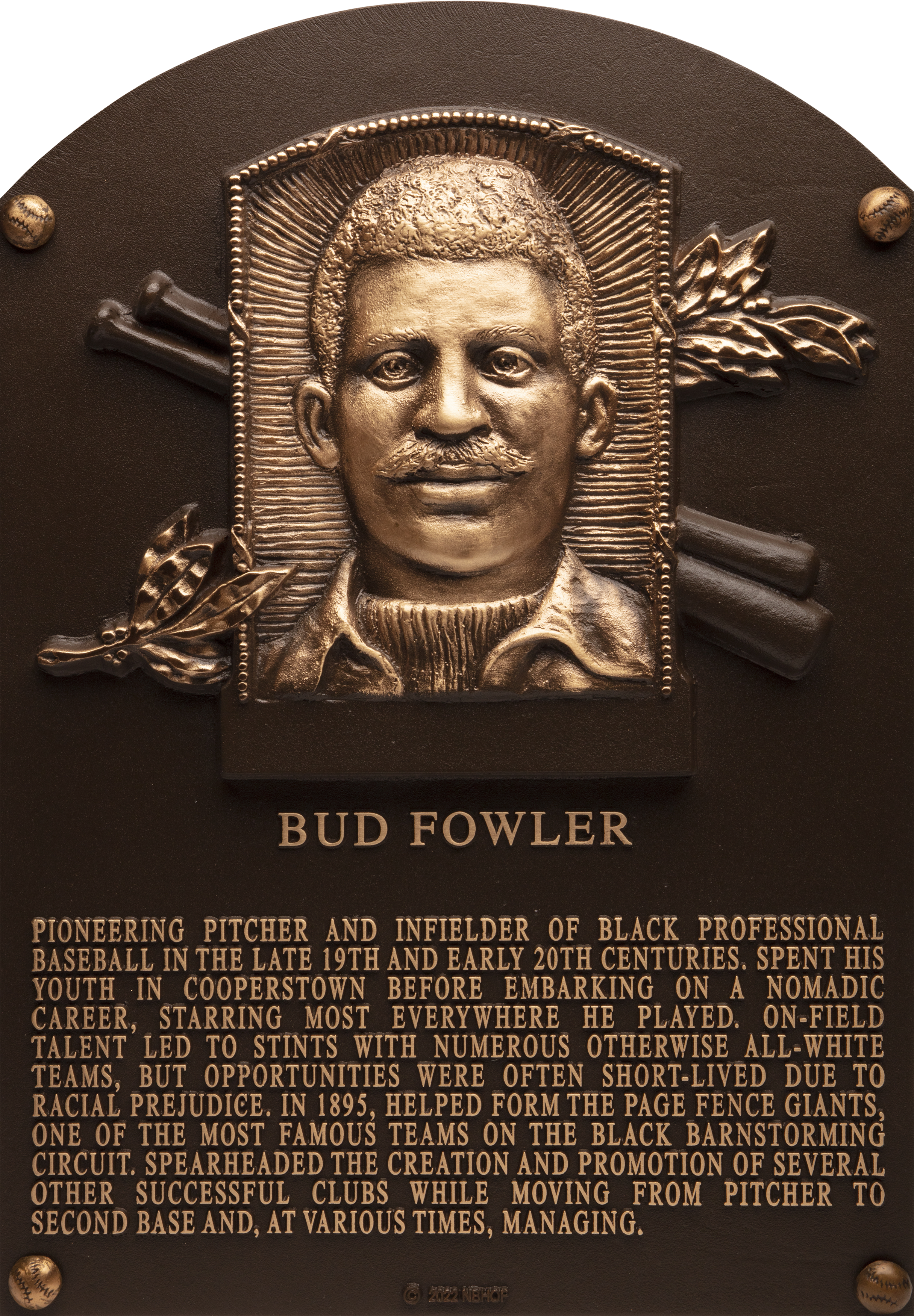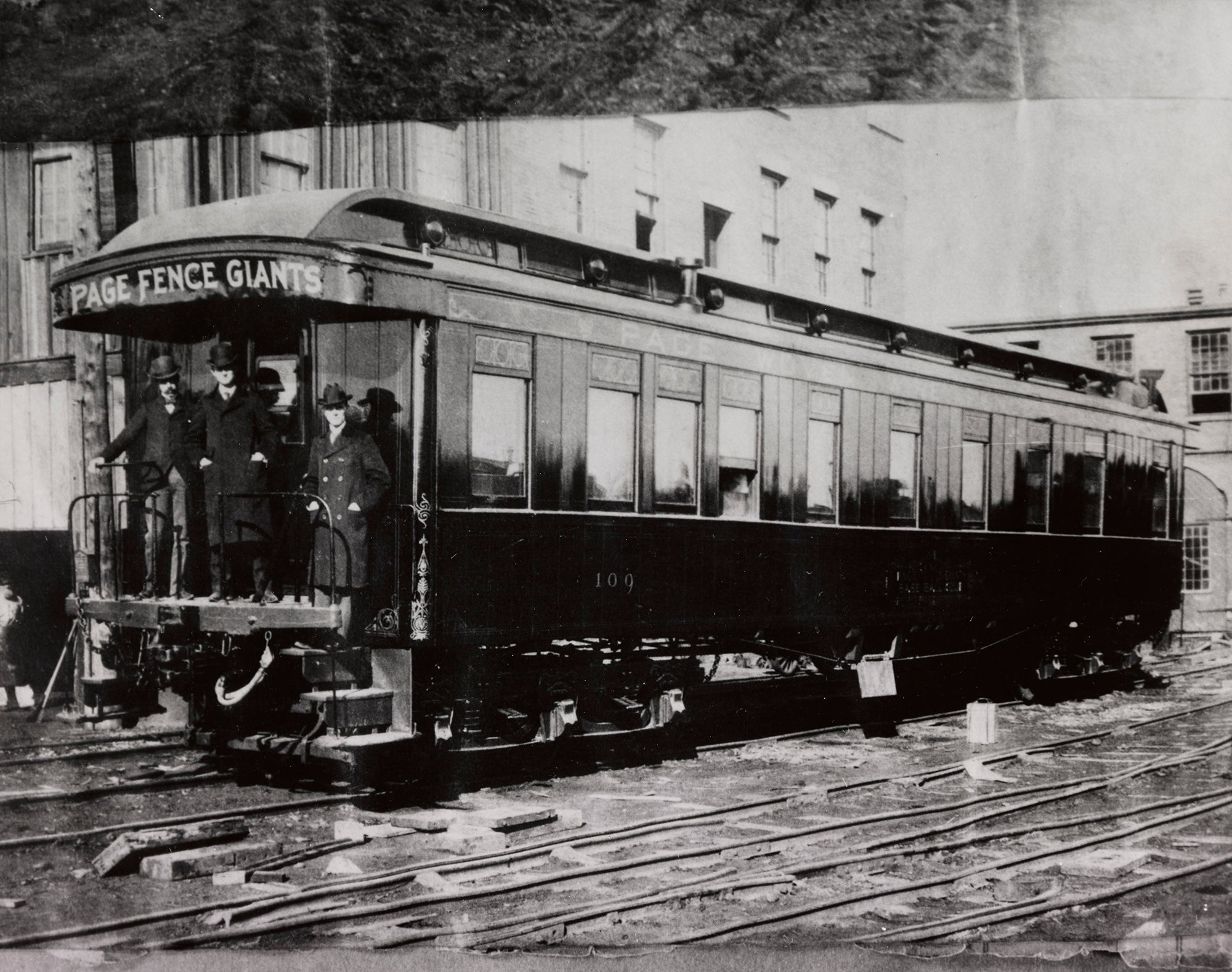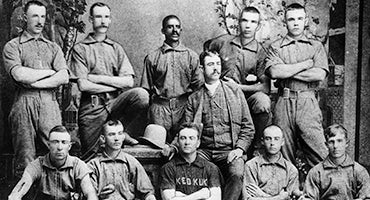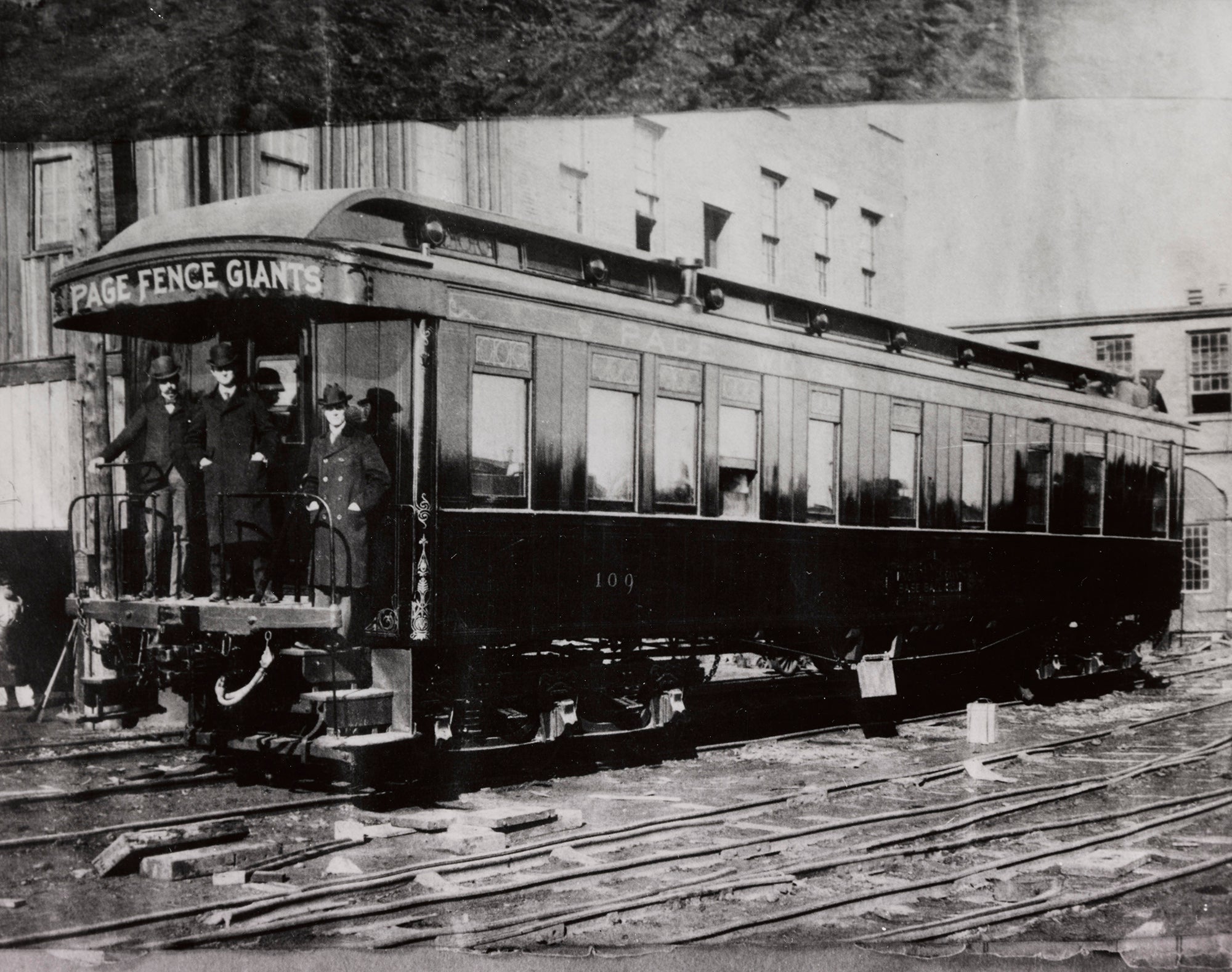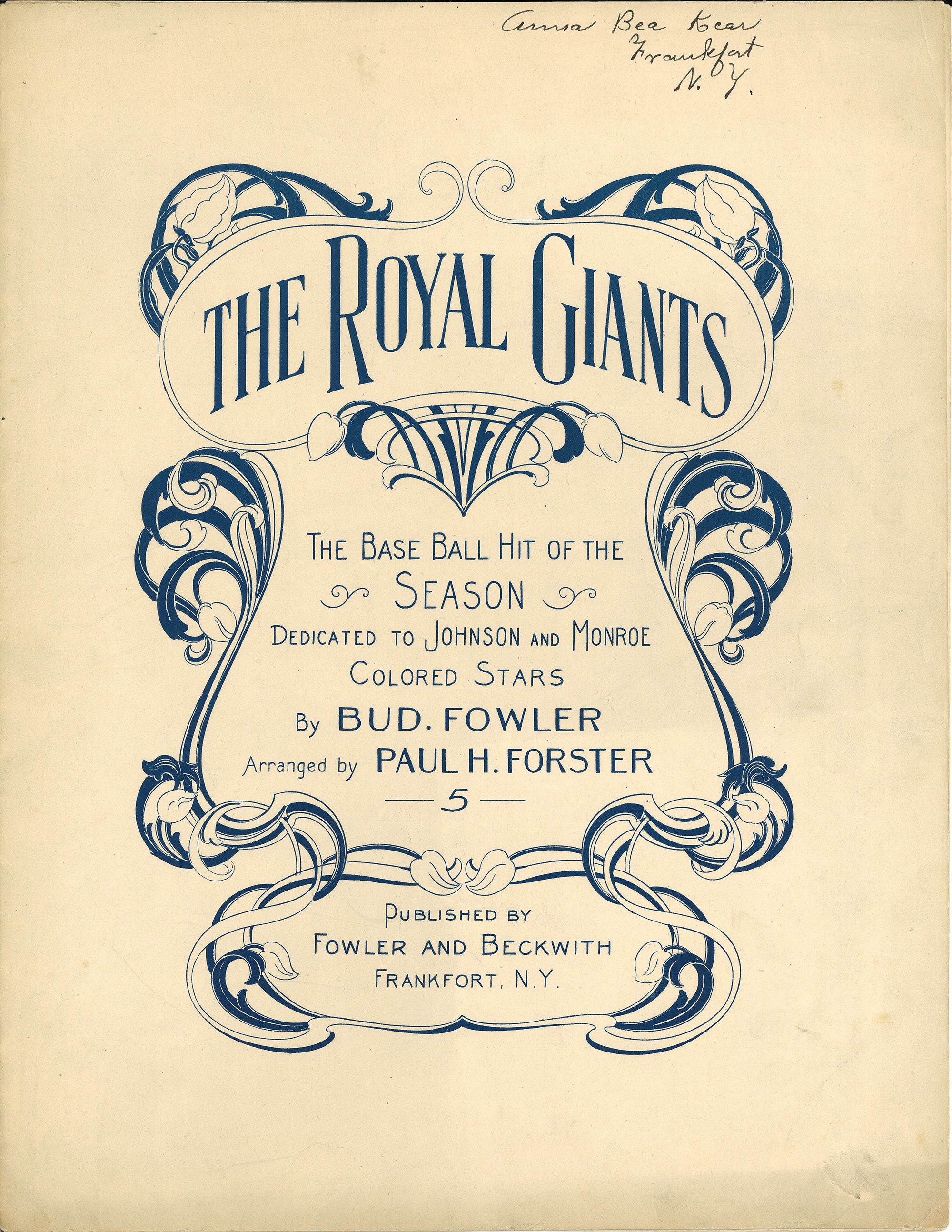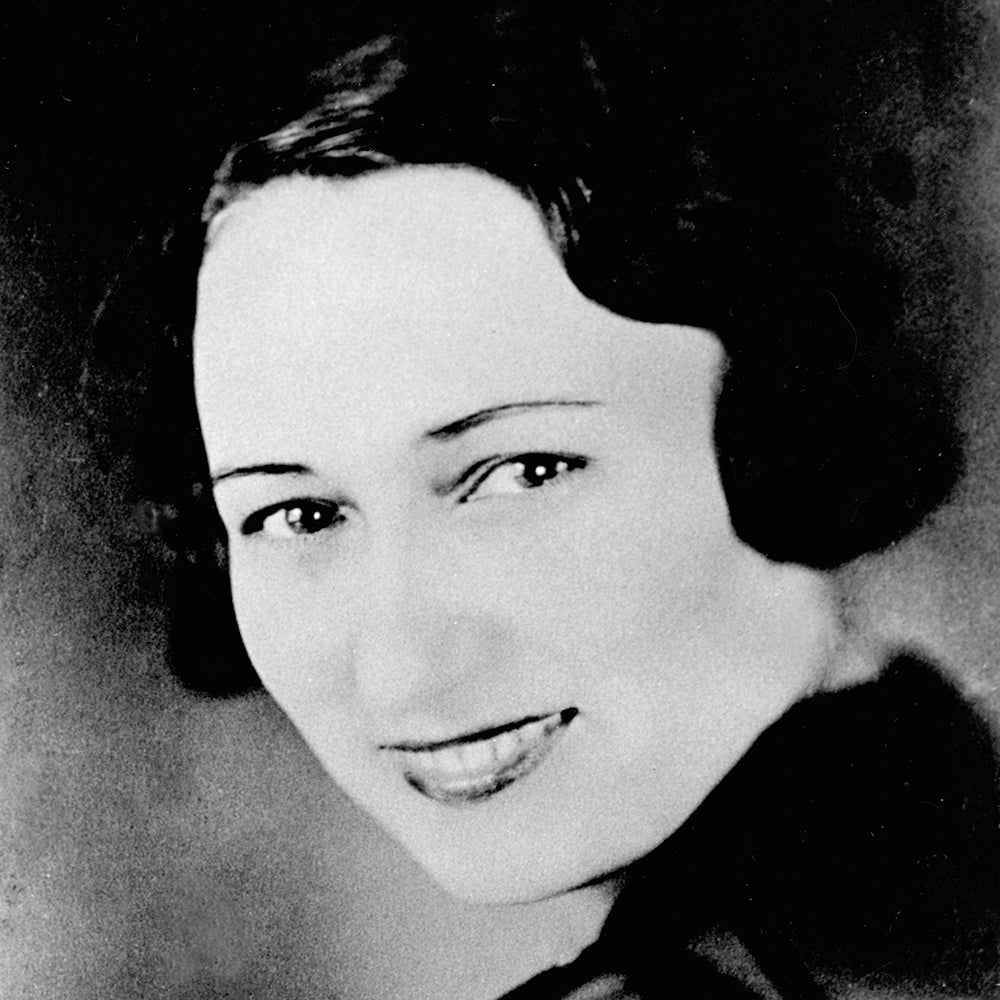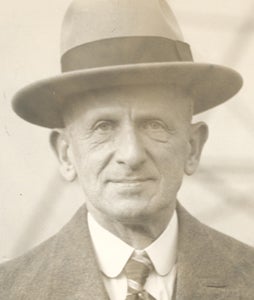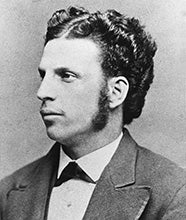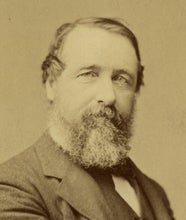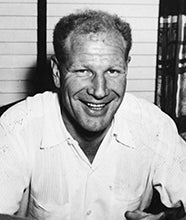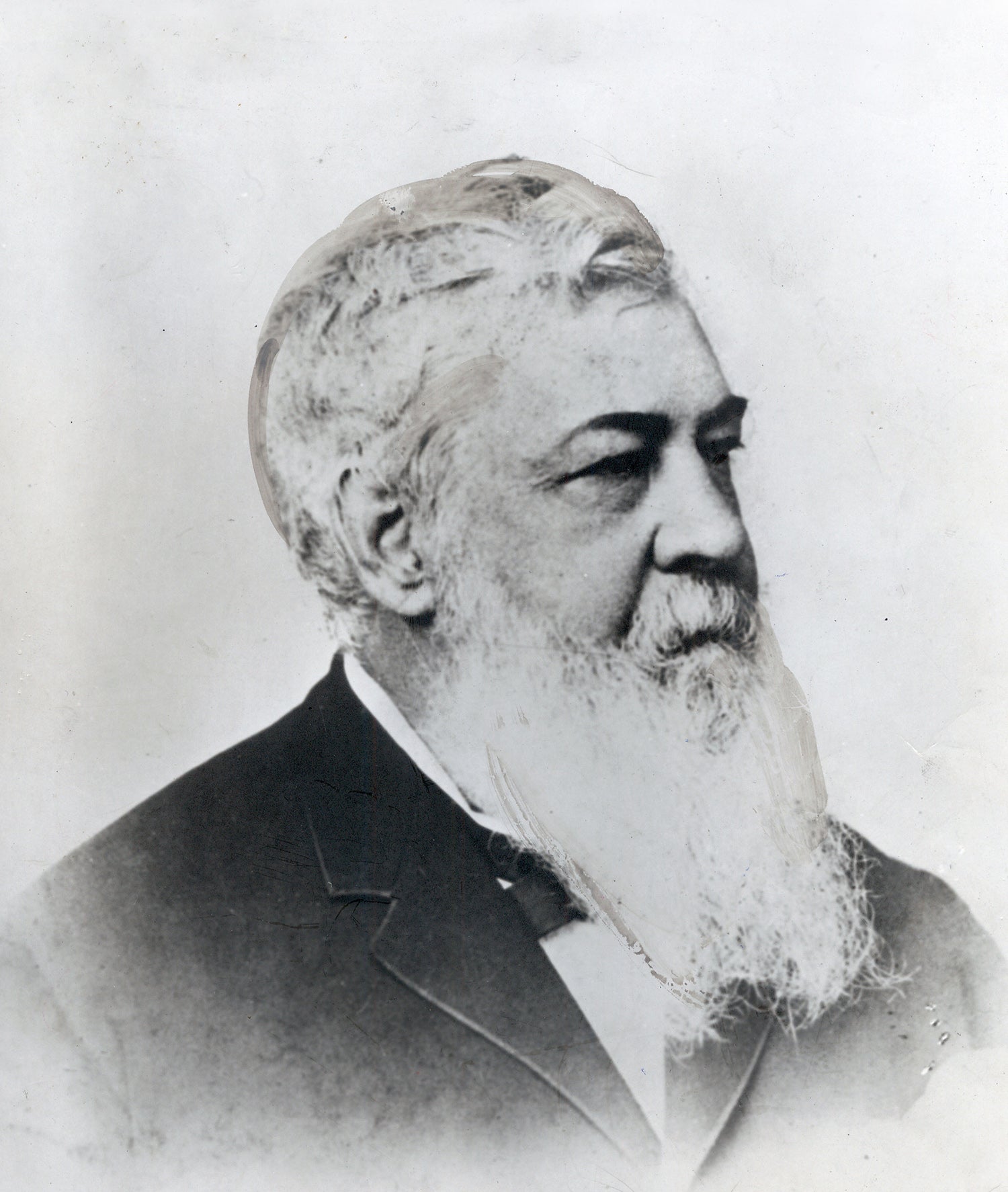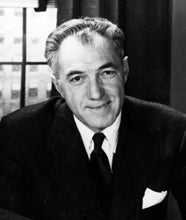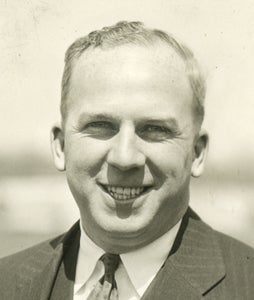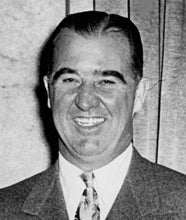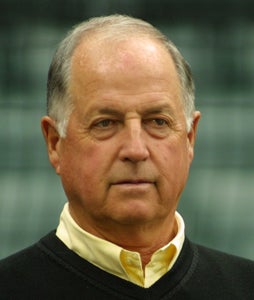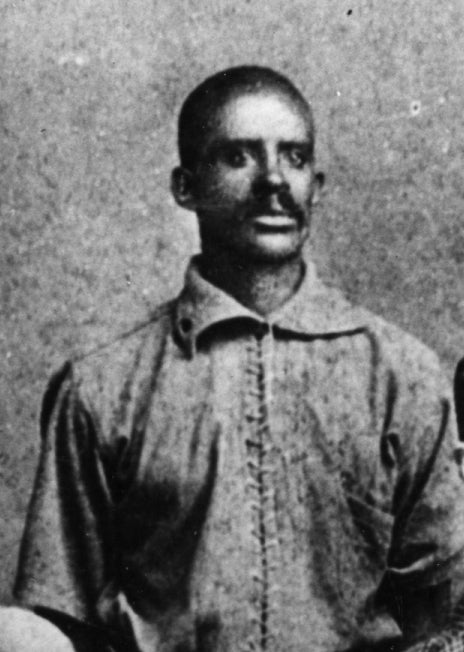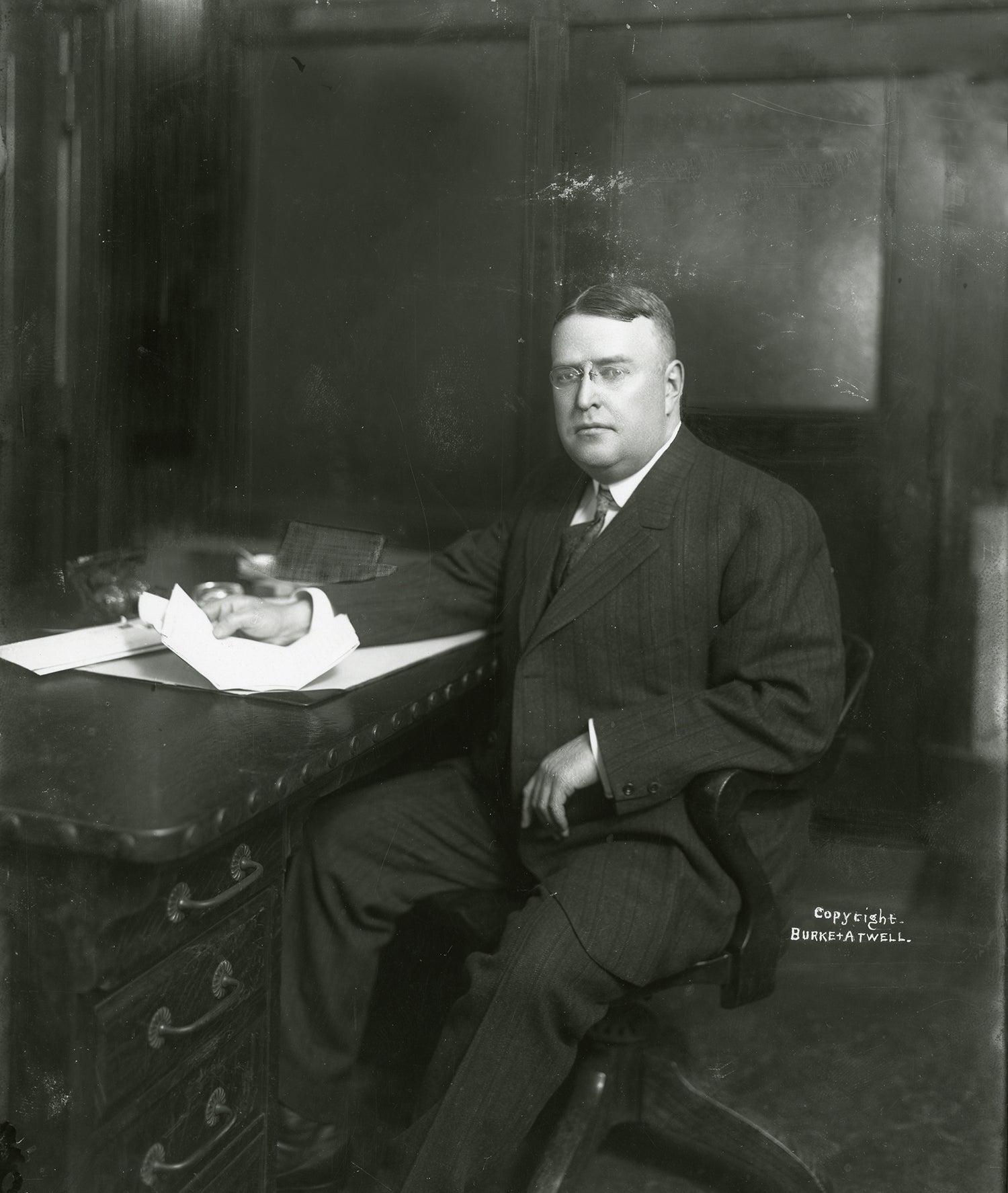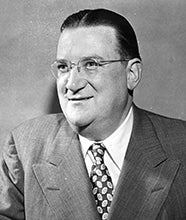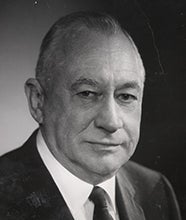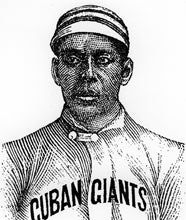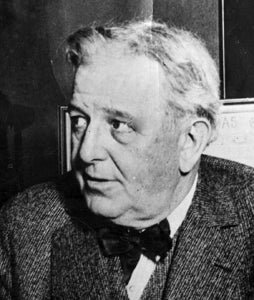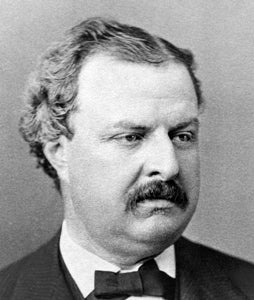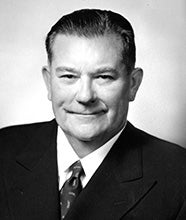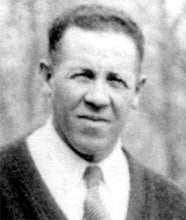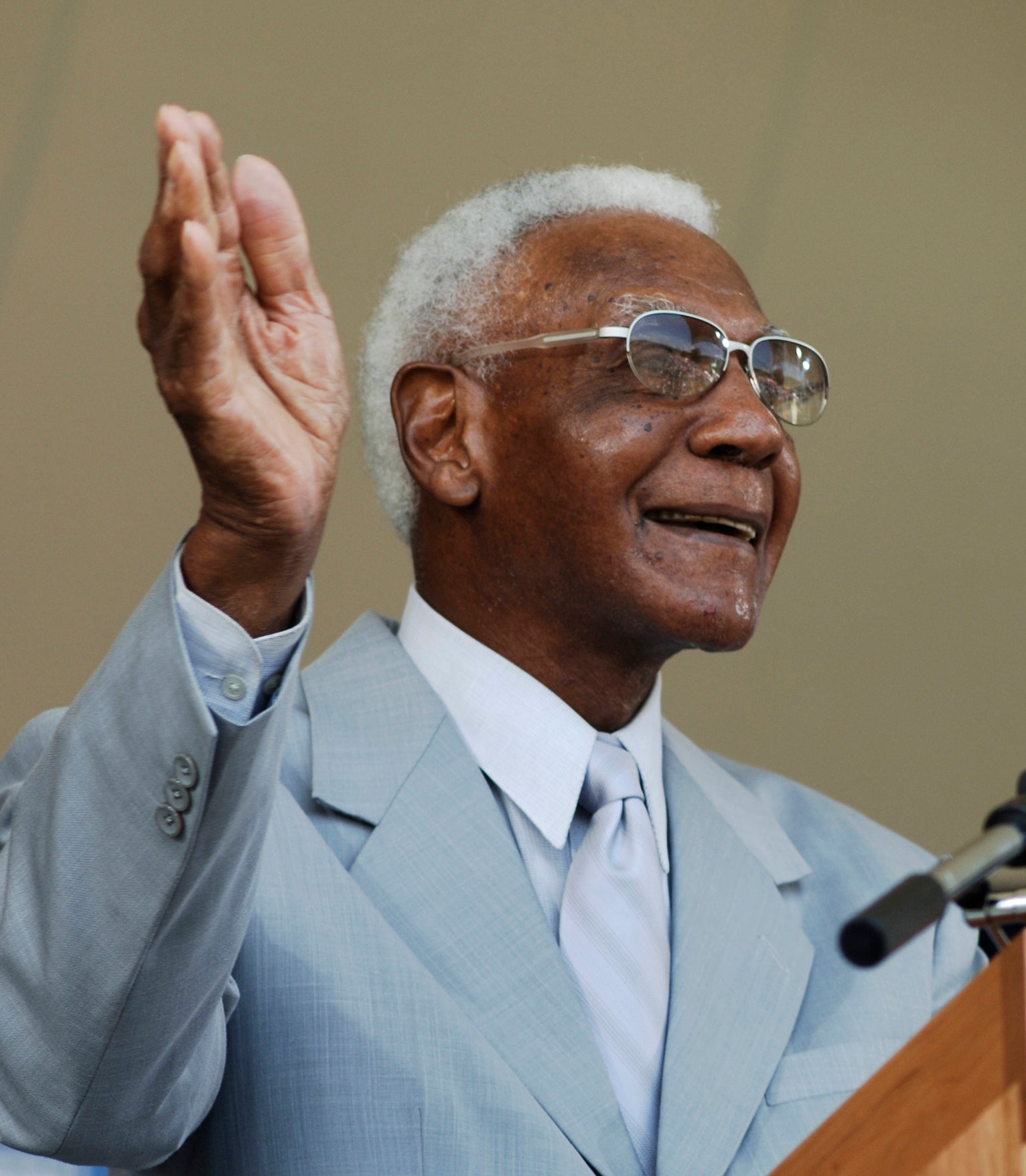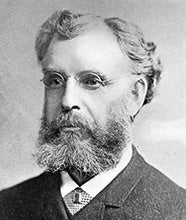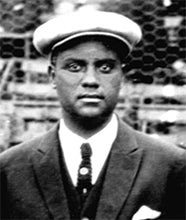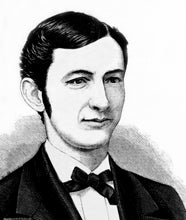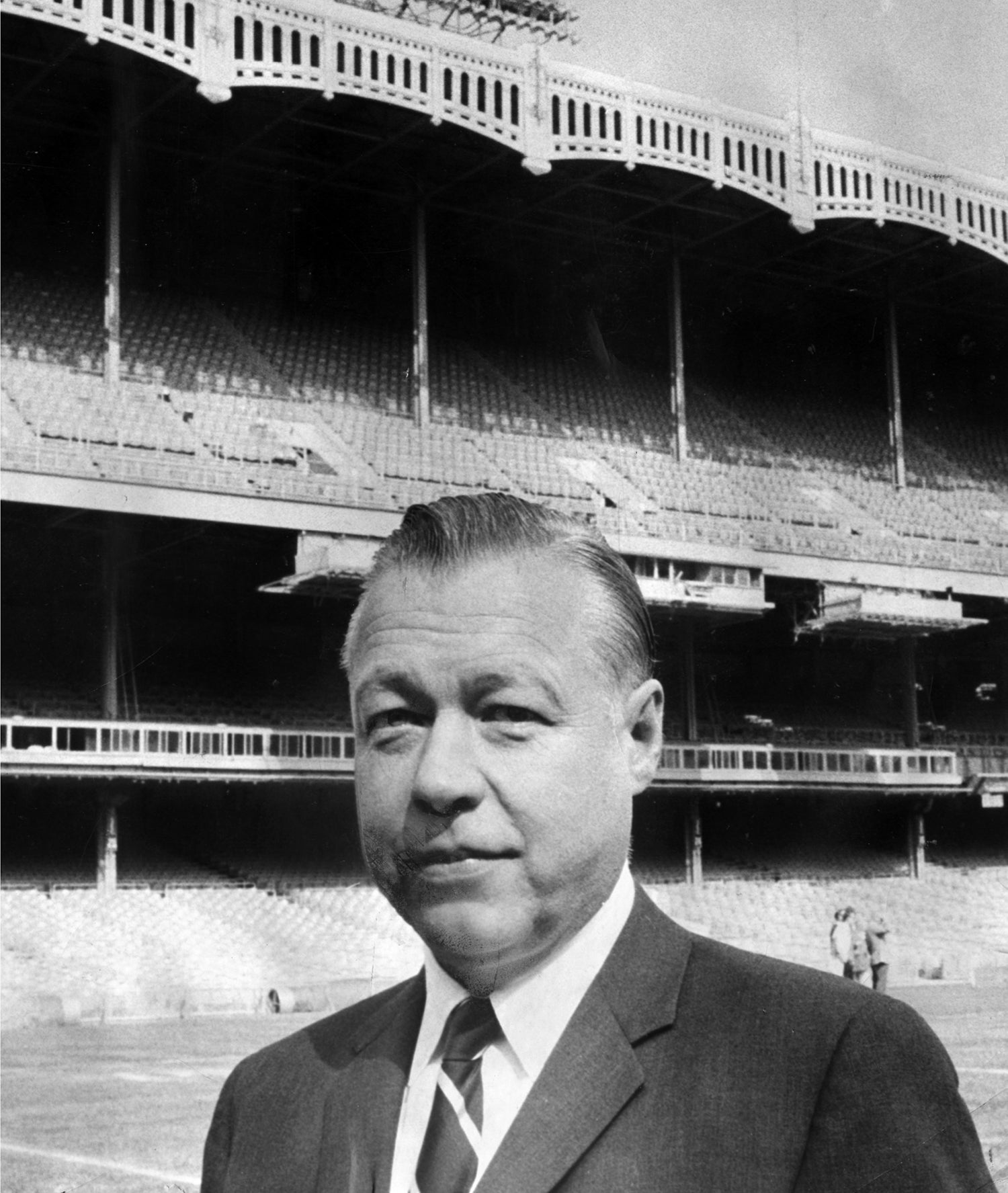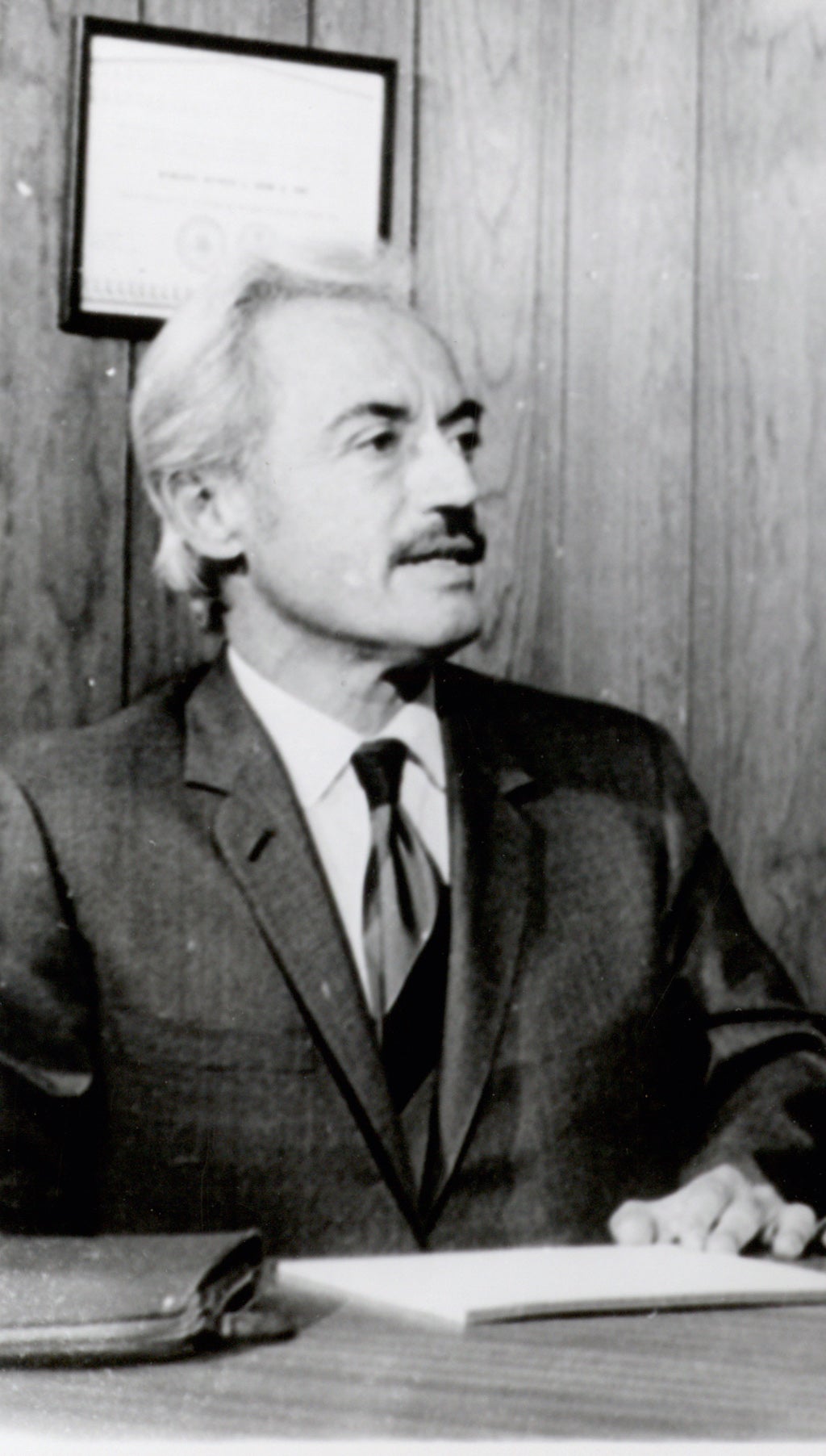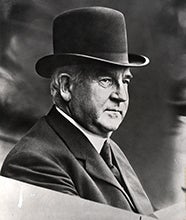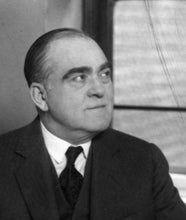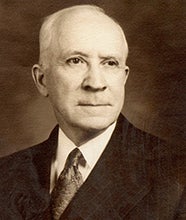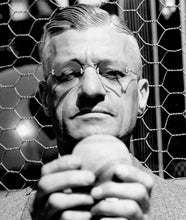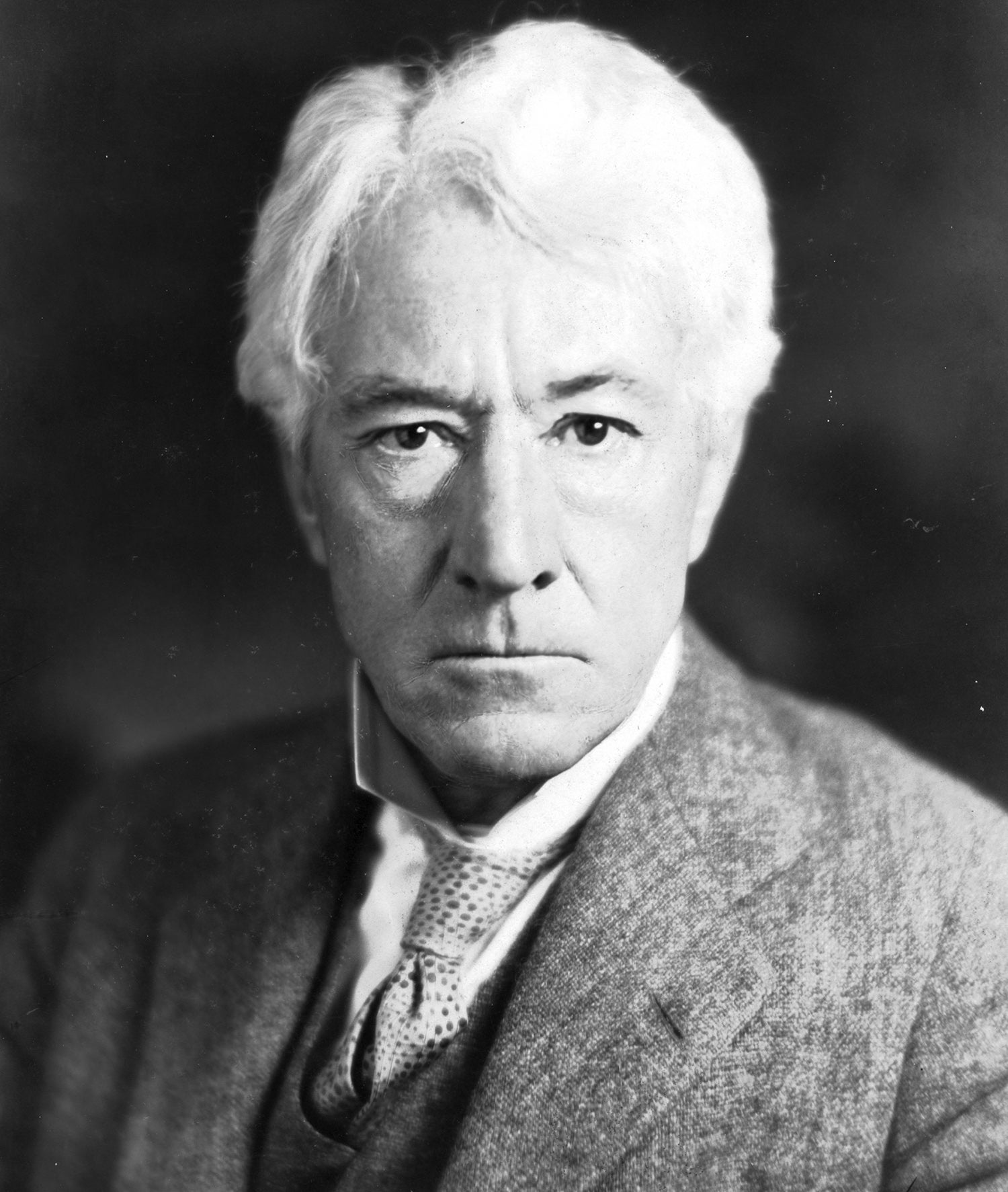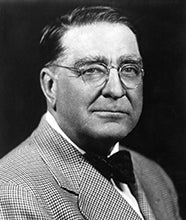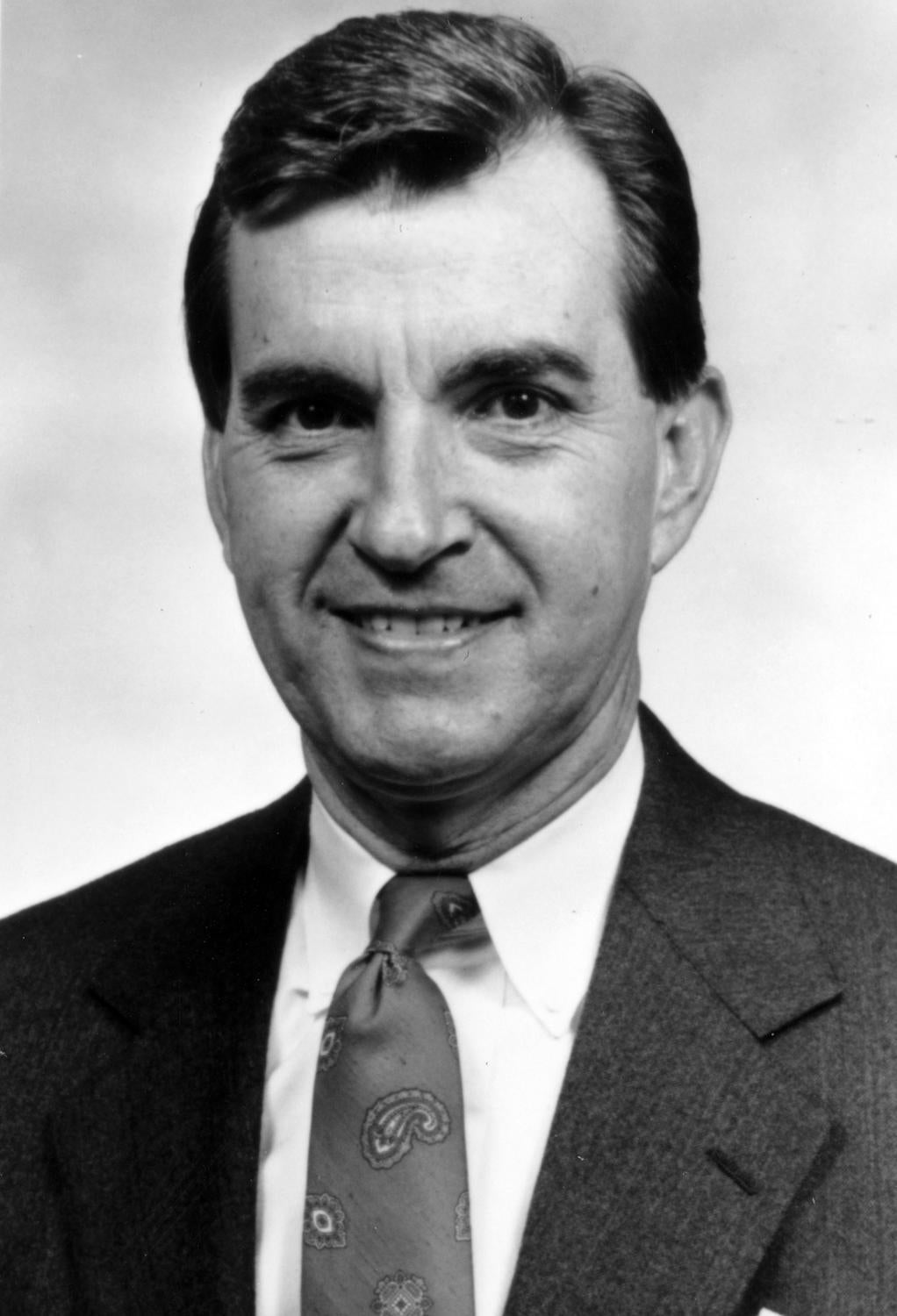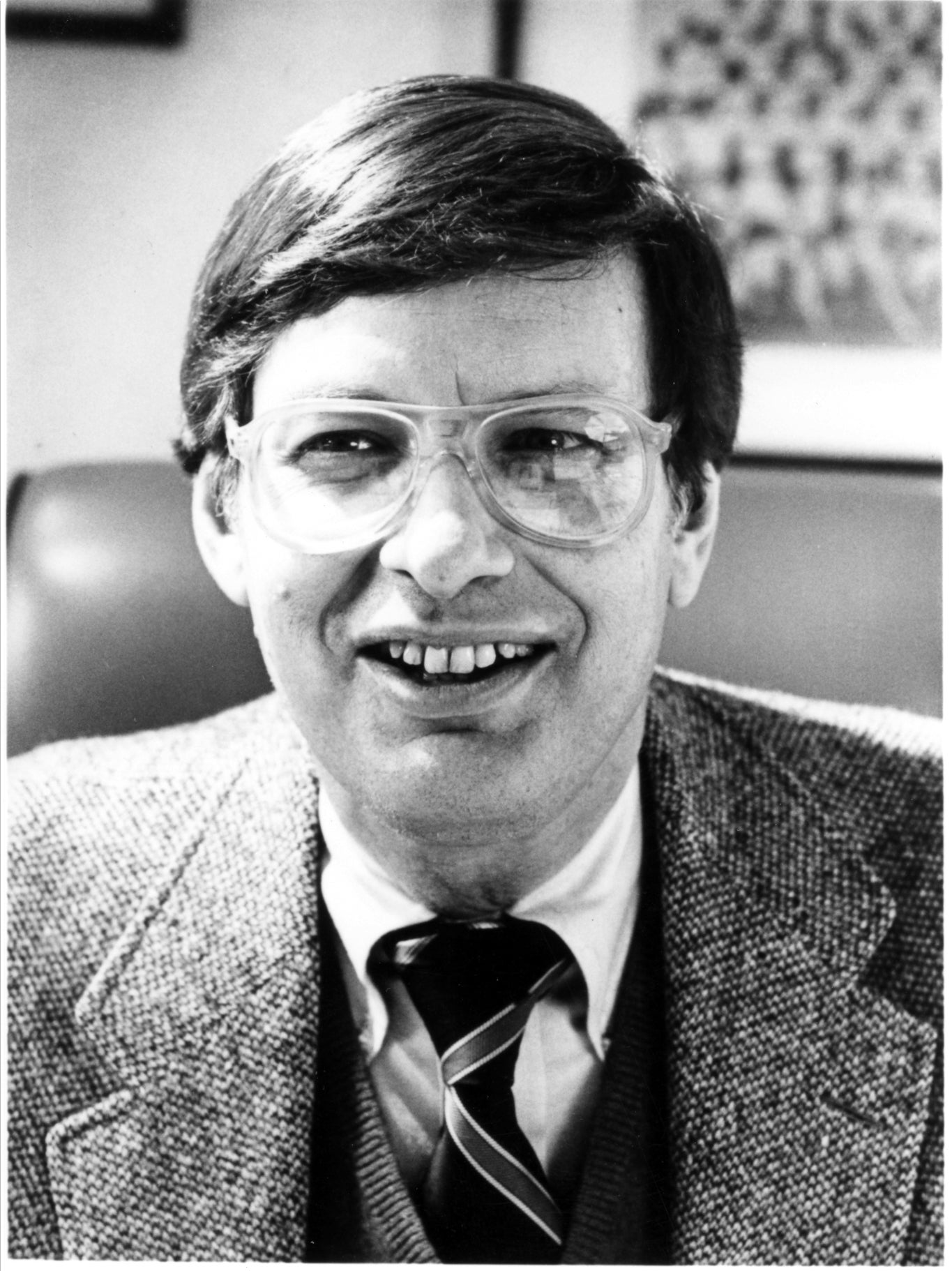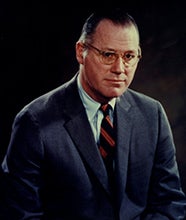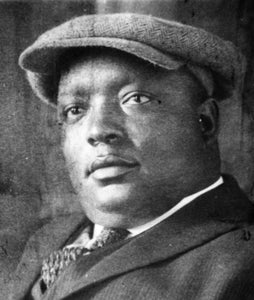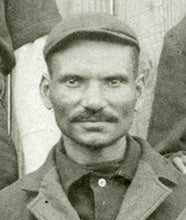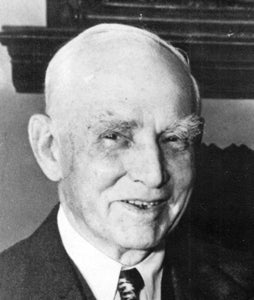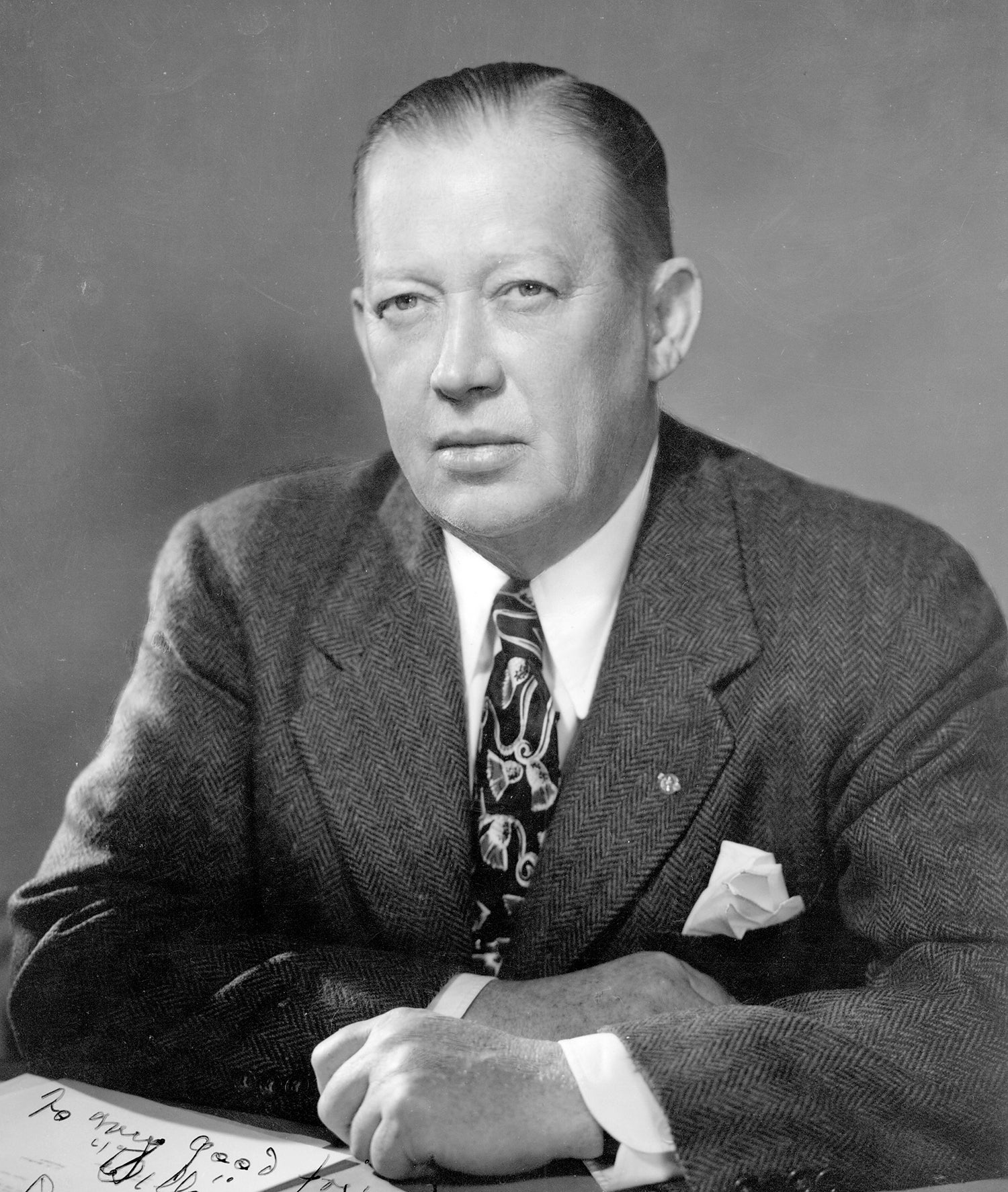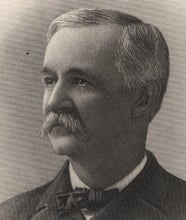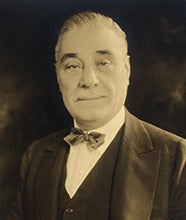Bud Fowler grew up in 19th century Cooperstown, N.Y. And while he did not live to see the establishment of the National Baseball Hall of Fame, he did leave an indelible mark on history as a pioneering Black player in professional baseball.
Born John W. Jackson Jr. in Fort Plain, N.Y., on March 16, 1858, Fowler’s family moved to Cooperstown – located about a half hour from Fort Plain – just a few years later. According to village historian Hugh MacDougall, just 28 Blacks lived in Cooperstown at that time, and Fowler attended school primarily alongside white children. His father was a barber and in later years Fowler followed in his footsteps to help supplement his income.
In his early years as a pro, Fowler played primarily for a team in Lynn, Mass., but was often called in to pitch as a substitute on other teams. Racism ran rampant, though baseball’s color line had yet to be officially established, and this further fueled Fowler’s transient team affiliations. His time with the Guelph (Ontario) Maple Leafs, for instance, was short-lived because, per the Guelph Herald, “Some of the Maple Leafs are ill-natured enough to object to [a] colored pitcher.”
He faced similar obstacles in Binghamton, where the Boston Herald reported that “The players of the Binghamton club have each been fined $50 by the directors for having refused to go upon the field six weeks ago unless Fowler, the colored second baseman, was removed.”
The color of Fowler’s skin forced him into a more nomadic career than his white contemporaries. He manned second base for the Keokuk Hawkeyes in Iowa, appeared in the Colorado State League, signed with the Topeka Capitals, returned east to star for the Binghamton Crickets, ventured to Indiana to play for the Terre Haute Hoosiers, traveled Southwest to join the New Mexico League, represented Greenville in the Michigan State League and led the Nebraska State League in steals. All told, historians estimate he played for more than a dozen leagues throughout the course of his career, while Fowler himself claimed to have played on teams “based in twenty-two different states and in Canada.”
Despite the lack of consistent playing time, Fowler played professionally for nearly two decades and his talents earned him recognition in the baseball community.
“For 16 years he was a pitcher and for 12 years a second baseman, and he never wore a glove, taking everything that came his way with bare hands. He was considered the equal of any man who ever covered the position,” wrote the Berkshire Eagle in 1909.
In 1894, Fowler teamed up with Grant “Home Run” Johnson to form the Page Fence Giants, who would go on to become one of the all-time great Black barnstorming teams. It was during the team’s inaugural season that Fowler faced off against a major league team when the Page Fence Giants took on the Cincinnati Reds in a two-game exhibition match-up. They lost against the Reds, but the season proved to be a success – particularly for Fowler himself, who hit .316 on the year. Later on, he had a hand in establishing other barnstorming clubs, including the Smoky City Giants, All-American Black Tourists and the Kansas City Stars, and was a strong proponent of establishing Black baseball leagues.
Fowler moved to Frankfort, N.Y. – about 30 miles from Cooperstown – following his career. He passed away on Feb. 26, 1913.

